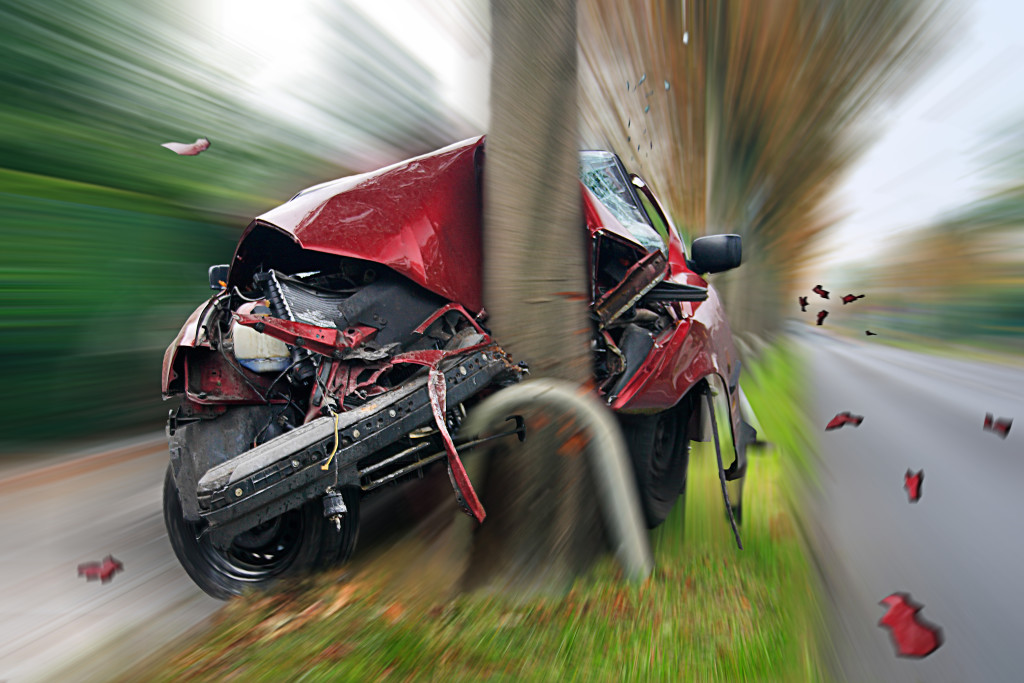Women are 4 times more likely to develop a traumatic memory of a car accident than if they have the exact same accident 2 weeks later.
This is because your brain doesn’t care if something is listed in some book as a trauma or not. As far as your brain is concerned, the only thing that determines if something is traumatic or not is the amount of stress hormones you produce. If you don’t produce any stress hormones the memory is neutral, if you produce some hormones then its upsetting, if you produce a lot then its traumatic. When you are premenstrual you tend to produce more stress hormones.
If you are premenstrual and nothing bad happens then you don’t produce any negative memories. However, when something difficult happens – like a car accident – then your brain takes a look at the amount of stress hormones floating around and labels it a trauma. So in a way, being premenstrual just amplifies the trauma level – difficult things become upsetting, upsetting things become mildly traumatic, mildly traumatic things become major traumas and major traumas go off the chart.
The problem is that once the traumatic memory forms it is there forever – even when your menstrual cycle hormones subside – unless you do something to resolve it. So 2 weeks later when you are in a much calmer part of your cycle the traumatic memory will still be there, ready to reactivate all of the toxic emotions you experienced when it happened.
This doesn’t only happen for premenstrual women. Anything that increases your stress hormones or makes you react more strongly to stress can set you up for the creation of a traumatic memory. There are particular times in childhood when stress hormones are more easily triggered, so kids tend to develop phobias more easily during those periods. If you are stressed at work, pregnant, taking certain medications, withdrawing from certain drugs, going through puberty or if you just haven’t slept well lately – in all of these situations, if you happen to go through a difficult experience then you may be more prone to develop a flashback memory of the event.
This is an important point for another reason. When you go through a major trauma, like a really severe car accident, everyone expects you to be upset. Your friends call you and make sure you are alright. People encourage you to talk about it and they ask you weeks and months later if you still think about it. This gives you permission to process it, to talk about it, to work it through in your mind. But when its a relatively minor accident, but it happened at a vulnerable time when you were premenstrual, or stressed about your marriage or work or whatever and your brain amplifies it into a major trauma all of your friends and family give you the message that its time you just got over it. So you will tend to try to push it out of your mind and tell yourself that it was no big deal. However traumatic memories don’t like to be ignored and they either keep coming up in your mind without your permission or, if you try really hard to push them out of your mind then they come up as subconscious flashbacks where you get the bad feelings and urges/impulses that go along with the memory but without the memory itself coming into your conscious mind. You start feeling that there is something wrong with you but you just don’t know what or why.
FURTHER READING

Leave a Comment